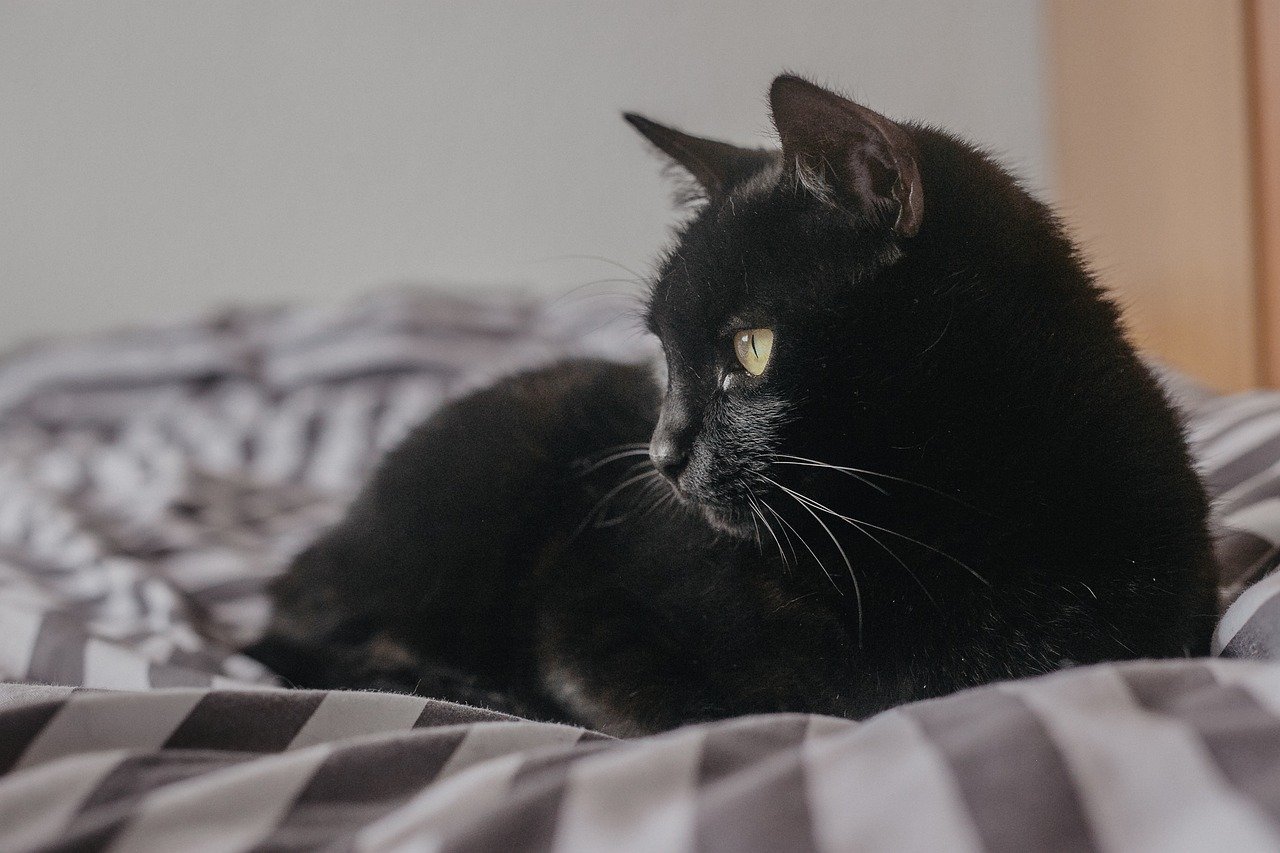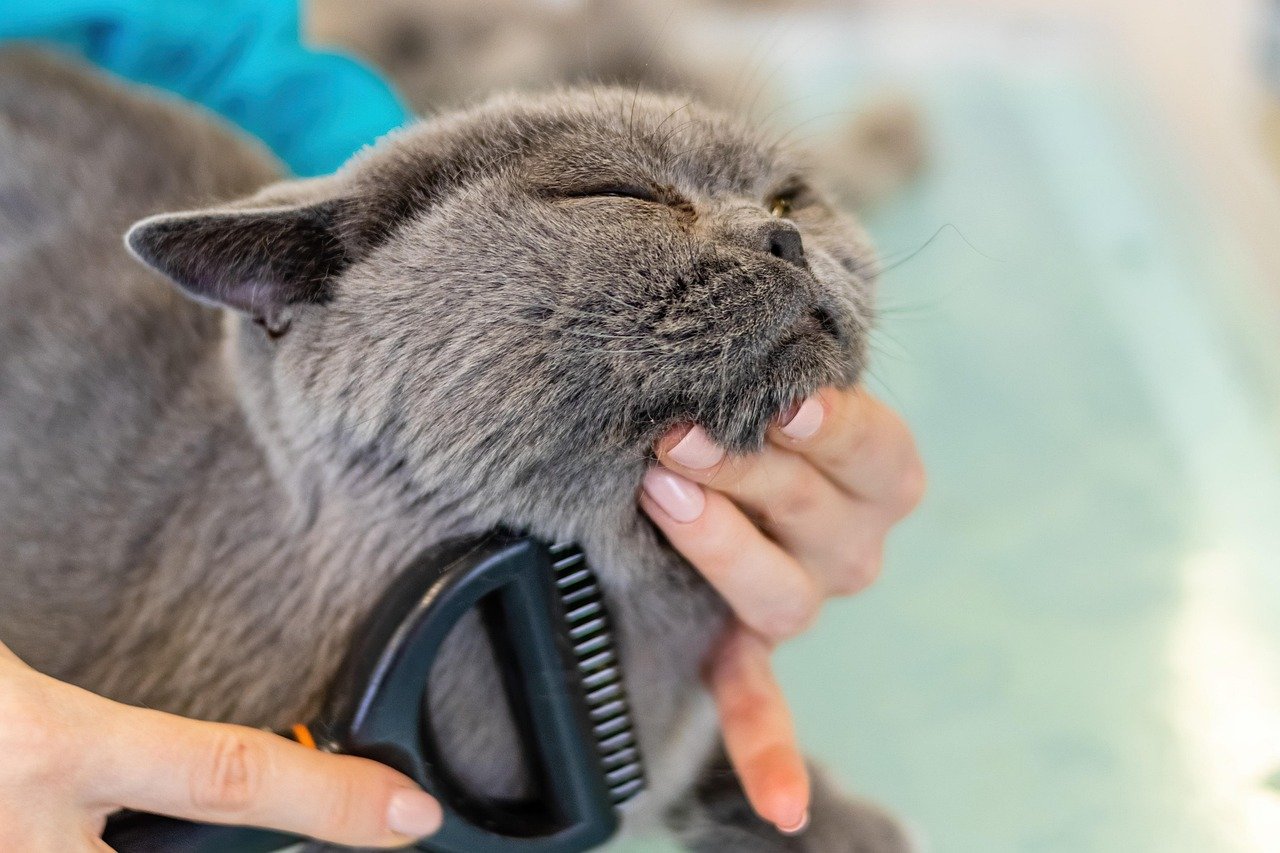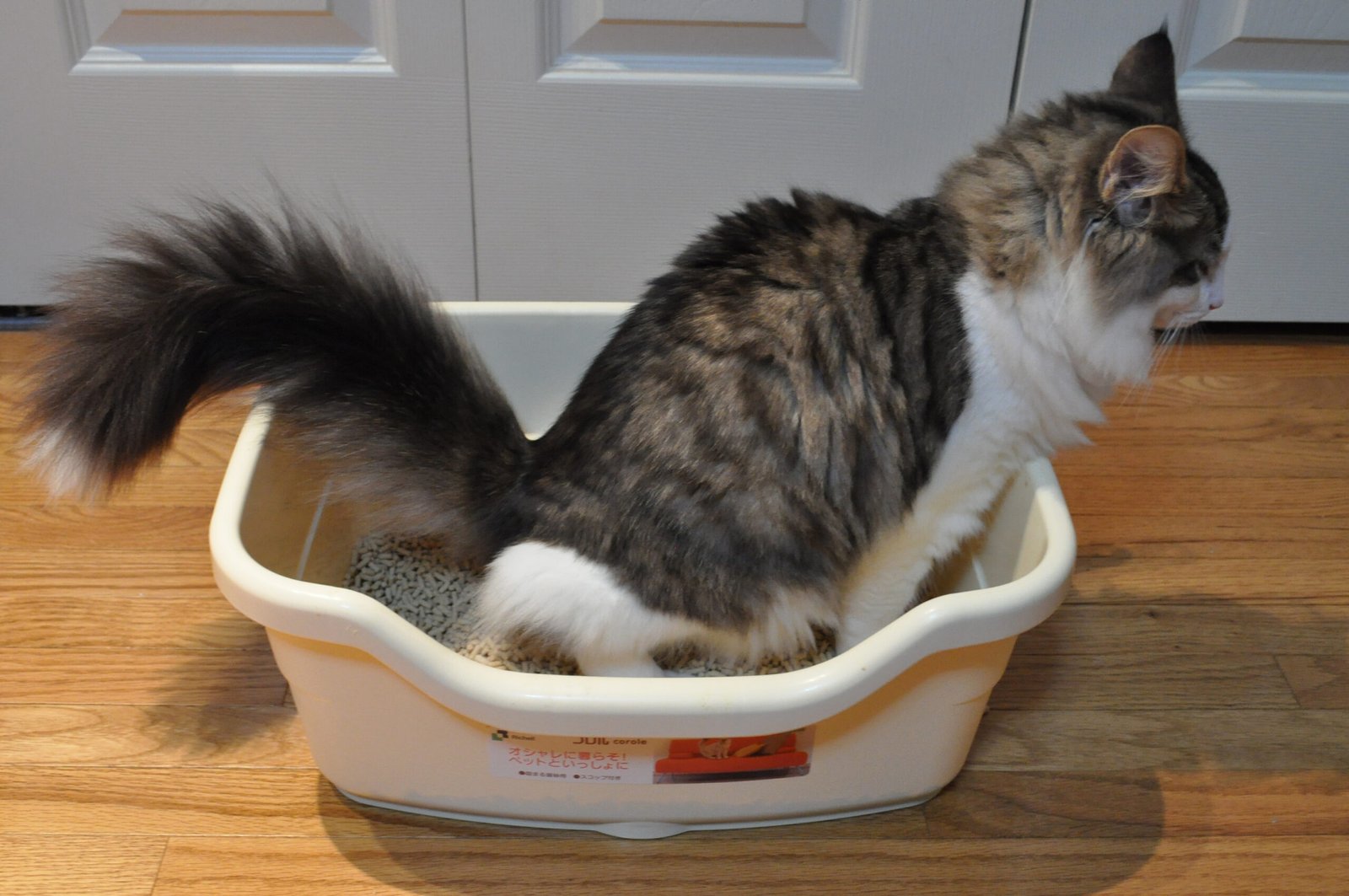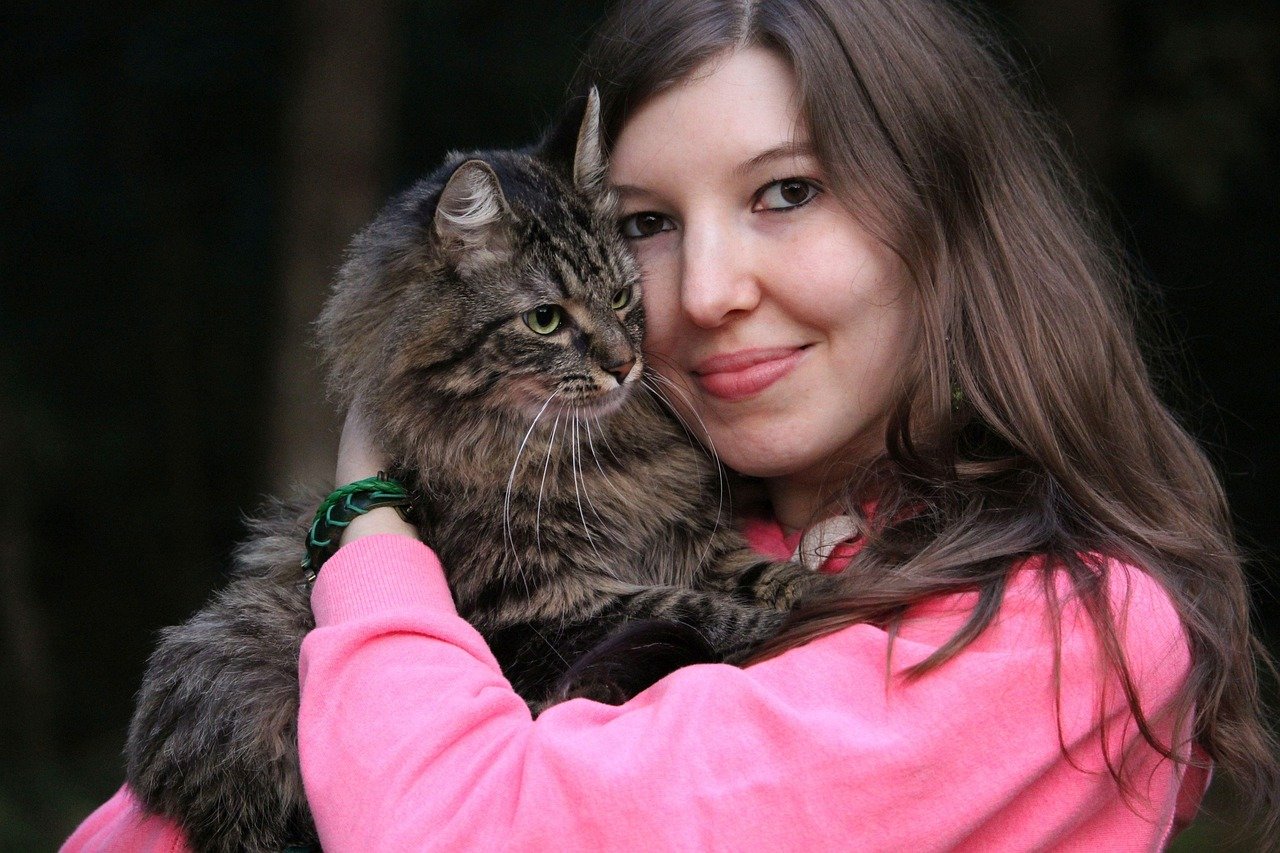Aging cats may slow down, but their need for comfort, love, and a sense of safety only grows as the years pass. If you’ve ever watched your old feline friend sunbathe in a warm patch of light or curl up in a favorite nook, you know how much they cherish simple pleasures. But what if you could make every day feel a little softer, a little kinder for your senior cat? The golden years can be filled with purrs, gentle head-butts, and contented naps—if you know how to support your aging companion. Let’s uncover the most heartfelt, practical ways to ensure your senior cat’s world remains cozy and full of joy.
Provide Soft, Supportive Bedding

As cats age, their joints often grow stiff and achy, making the hard floors or thin mats of their youth less inviting. Imagine how it feels to wake up on a lumpy mattress after a long day—your senior cat feels the same on unsupportive bedding. Upgrading to plush, orthopedic beds can cushion their aging bones and help them rest easier. Look for beds with memory foam or thick padding, and place them in your cat’s favorite spots around the house.
It’s not just about softness, though. Senior cats can develop arthritis or other mobility issues, so a bed with low sides makes it easier for them to climb in and out. Add a cozy blanket or even an old sweater with your scent to offer extra warmth and reassurance. By making their resting places as inviting as possible, you’ll help soothe their bodies and their hearts.
Ensure Easy Access to Food and Water
Your elderly feline may not be as spry as before, and hopping onto counters or climbing stairs for a meal can quickly become a challenge. To ease their day-to-day life, position food and water bowls in easily accessible, central locations. Consider investing in raised dishes to reduce neck and back strain, making it simpler for your cat to eat and drink.
Fresh water is especially important for senior cats, who are prone to kidney issues and dehydration. Some older cats are enticed to drink more from a running water fountain, which can help support their kidney health. Monitor their appetite closely, as changes might signal underlying health problems. Small adjustments in your feeding setup can make a world of difference in your cat’s comfort and well-being.
Offer Gentle Grooming Sessions

Senior cats often struggle to keep up with their grooming routines. Their flexibility isn’t what it used to be, and mats or tangles may form, especially in long-haired breeds. By stepping in with a gentle brush or comb, you not only help keep their coat healthy but also create a lovely bonding ritual. Choose soft-bristled brushes and take things slow—let your cat set the pace.
Beyond coat care, regular grooming gives you a chance to check for lumps, bumps, or sore spots that might need a vet’s attention. Trimming nails is also crucial, as less active cats might not wear them down naturally. When you groom your senior cat, you’re not just tending to their physical needs—you’re reassuring them that they’re cherished and safe.
Maintain a Predictable Routine
Senior cats can become anxious or disoriented by sudden changes in their environment or daily schedule. They thrive on routine, finding great comfort in knowing when to expect meals, playtime, and quiet moments. Try to stick to regular feeding times and avoid rearranging furniture or introducing new pets unless absolutely necessary.
A consistent routine helps reduce stress and can even minimize behavioral issues like excessive vocalization or accidents outside the litter box. If you need to introduce changes, do so gradually, and shower your cat with extra attention and gentle encouragement. Predictability is like a warm blanket for an aging cat’s soul—it helps them feel grounded and secure.
Keep Litter Boxes Accessible and Clean

Mobility challenges can make it tough for senior cats to climb into high-sided litter boxes or travel long distances to find them. To support your cat, place litter boxes on every floor of your home, ideally in quiet, accessible spots. Opt for boxes with low entry points so your cat doesn’t have to struggle to step inside.
A clean litter box is especially important for older cats, who may develop aversions if they encounter unpleasant odors or dirty conditions. Scoop daily and change litter regularly, paying attention to any changes in bathroom habits that could signal health issues. Making these small adjustments helps preserve your cat’s dignity and comfort in their golden years.
Encourage Gentle Play and Mental Stimulation
While senior cats may nap more than they used to, mental and physical stimulation remains essential for their well-being. Swap out wild kitten games for gentler activities—think feather wands moved slowly, treat puzzles, or even a crinkly paper bag to explore. Light play keeps their minds sharp and their bodies limber, helping prevent boredom and depression.
Interactive toys that don’t require much effort can be a wonderful way to engage your cat’s senses without overexertion. Even just watching birds through the window or sitting beside you while you read can be stimulating for an older cat. The key is to match activities to your cat’s energy and mobility, ensuring every moment spent together is enjoyable, not exhausting.
Regular Health Checks and Vet Visits
Senior cats are more vulnerable to illnesses like kidney disease, hyperthyroidism, and arthritis—many of which can sneak up quietly. Regular veterinary check-ups are crucial in catching issues early and keeping your cat comfortable for as long as possible. Aim for at least two vet visits per year, and don’t ignore subtle changes like weight loss or increased thirst.
At home, keep a close eye on your cat’s habits, energy level, and appetite. Early intervention can make a huge difference in managing chronic conditions and maintaining your cat’s quality of life. Remember, you are your cat’s best advocate; trust your instincts and seek veterinary care if anything seems amiss.
Show Extra Love and Patience

Old age can bring confusion, grumpiness, or withdrawal in even the sweetest cats. Above all, your senior cat needs your patience, love, and reassurance. Slow down, speak softly, and offer gentle pets or chin scratches—whatever comfort looks like for your unique companion. Sometimes, they may just want your quiet presence, sitting together in a sunbeam.
Your cat has been by your side through thick and thin, and now is the time to return the favor. Treat them with the same affection and understanding you’d hope for in your twilight years. The bond you share will only deepen, filling these days with warmth and gratitude—one gentle purr at a time.
As cats age, their needs change—and so should the way we care for them. The eight tips shared here are simple yet powerful ways to enhance your senior cat’s comfort, health, and happiness. From providing cozy resting spots to adjusting their diet and staying on top of vet visits, each small effort goes a long way in supporting their golden years. Aging may slow them down, but with love, patience, and thoughtful care, your senior cat can continue to enjoy a life filled with peace, warmth, and the deep bond you’ve built together over time.





